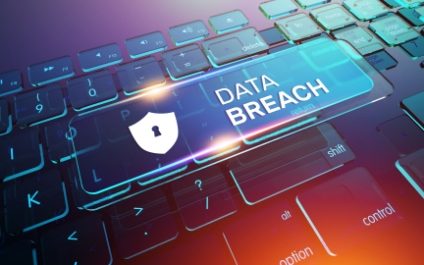
In light of the Equifax breach last week, there has been a lot of confusion as to who was affected, and how best to navigate this theft of data. Simplegrid has been guiding our clients on how to best navigate this situation, and we’d like to share the same information with you:
What we know today
As of 9/11/17, we understand that the data hack at Equifax has impacted at least 143 million consumers. But Equifax does not know who these consumers are. It’s safe to assume that if you have a credit card, or a mortgage that your data has been breached.
Equifax has been having trouble keeping up with the influx of requests that have been coming in. Equifax also has a call center in Florida, which had to be shut down due to Hurricane Irma. All of this is leading to very long wait times on the phone, call center staff that can’t answer all the questions, and a slow and unresponsive website.
Protecting yourself at Equifax isn’t enough, as criminals can use your information to take out loans and credit cards at the other credit bureaus.
What can you do to protect yourself
At this point, the best approach is caution and proactiveness. Don’t assume that the credit agencies will be able to detect fraudulent activity on your account, or help you resolve any issues that may arise from those fraudulent activities. Therefore, Simplegrid recommends you take the following steps:
- Put a freeze on your records at all the major credit agencies. Links to these are listed below
a. Equifax
b. Experian
c. TransUnion
d. Innovis - Put a Fraud Alert on file with the credit agencies for the next 90 days. Links to set this up are listed below:
a. Equifax
b. Experian
c. TransUnion
d. Innovis - Ensure you complete the above steps for all members of your family.
- Review your credit report. You can do this for free by visiting annualcreditreport.com.
- Monitor your credit card and bank accounts closely, and immediately report any suspicious activity to the financial institutions.
- File your taxes as soon as possible – one of the techniques that cybercriminals are using today is using your personal information to get a tax refund or a job. If you receive letters from the IRS, you have to respond to them immediately to protect yourself.
- Enroll in a Personal identity and credit monitoring service. Simplegrid offers personal identity and credit monitoring services as part of its Security Services offering. To learn more about this service, please contact us to set up a free consultation.








